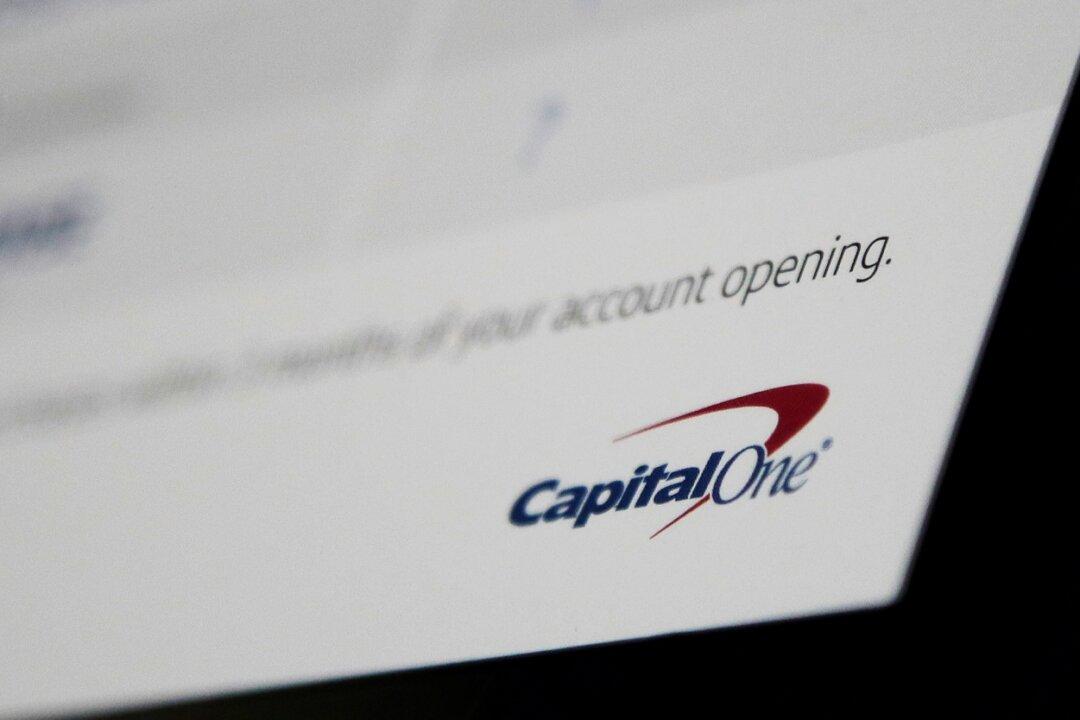Capital One Financial Corp., the North American bank holding giant, announced on Monday that a hacker had managed to gain access to the personal information of more than 6 million Canadians and 100 million Americans.
The company said it discovered the hack on July 19. The data was taken from Capital One’s credit card applicants and included names, addresses, zip codes, phone numbers, credit scores, and balances. Up to 140,000 social security numbers and 80,000 linked bank account numbers in the United States were also accessed by the hacker. In Canada, the social security numbers of 1 million customers were compromised.




